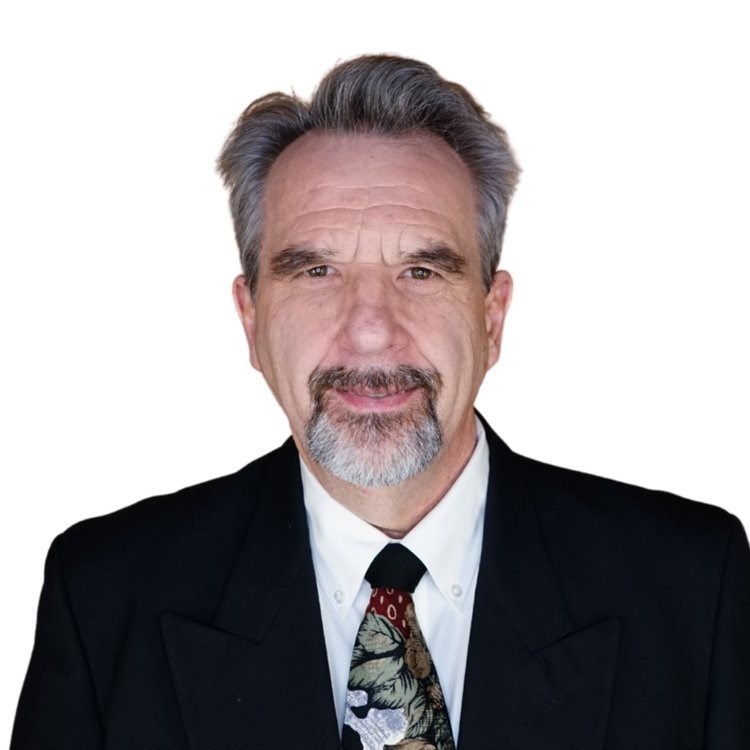KIIWETINOONG – Alex Dornn worked in the mechanical engineering industry for 25 years, starting in Manitoba and Saskatchewan, before taking a job at the paper mill in Dryden three years ago. He was hired to find a solution to the mercury contamination of the Wabigoon River and the English River system, which happened decades earlier.
Despite Dornn's early dismissal from the project, citing that he was let go from Domtar “because of confidential matters,” he is setting his sight on fixing some of the issues he finds plaguing the Kiiwetinoong riding.
“The reason I got involved (with the New Blue) is the way the pandemic has been handled, the financial hardship, and the loss of freedoms we’ve had. I think there are a lot of sensible changes that need to be made to restore our society to what we had before.”
For Dornn, the loss of freedom and the hit to the economy the pandemic took on the riding are first on his mind.
The New Blue Party is the brainchild of Belinda and Jim Karahalios, a husband-and-wife team from Mississauga.
In 2020, the New Blue Party was founded on a straightforward message: The Progressive Conservatives aren’t conservative enough.
On their websites, the New Blue’s mission statement reads, “Ontario’s establishment political parties are entrenched in radical left-wing ideology that seeks to socially re-engineer our province through tax-and-spend economics, government overreach, and crony capitalism.”
In their platform, the New Blues want to create political accountability “by scrapping the $100 million taxpayer subsidy of political parties, banning lobbyists from party politics, and cracking down on voter fraud in internal party elections.”
Grow Ontario’s economy by “taking down wind turbines to reduce electricity prices and improving productivity.”
Reform education by “reducing administrative costs, introducing alternative schooling tax credits and stopping “woke” activism with the removal of critical race theory and gender identity theory from our schools.”
On the one hand, banning lobbyists from influencing political parties is a progressive cause and a much-needed change for Canadian politics. On the other hand, targeting “woke” activism as a fundamental flaw in today’s society shows how out-of-touch fringe political parties are when trying to dismiss pedagogic theories like critical race theory and gender identity.
In an interview with Dornn, he made sure to single out the First Nation’s lack of development as a leading problem for the region's remote areas.
“There are lots of First Nations in the community, and the First Nations need more development. I think that’s part of the reason the riding was split up in this area. To create more development from them. A lot of them don’t even have roads up there. It’s difficult. They have roads in the wintertime, but in the summer, there is no way to go up there. I’ve gone to some of the communities up north, and they have many challenges. They want to be developed like we all do in the south.”
Fly-in communities rely on alternative means of transportation. A person with a forward-thinking mindset in finding a solution necessary to ensure First Nations communities have access to travel can go a long way.
Nevertheless, Dornn explains that First Nations people have different desires than the rest of the population in Kiiwetinoong.
Some of the other systemic problems in Kiiwetinoong, such as health care, education, and economy, “the First Nations are concerned about their areas of development. They want roads all year up there. They want jobs. Regular jobs like everyone else.”
However, for the people of Red Lake and Sioux Lookout, the significant concerns of the public are the loss of freedom and the financial losses in the tourism industry.
“It’s been devastated. You hurt the tourist industry; it takes a long time to lure them back after you close the doors on them and put restrictions. You have to do a lot of advertising and invitations and so on to bring that back.”
It is safe to say that the COVID lockdowns hurt the economy. Since 2019, the tourism industry has taken a hit from the lockdowns despite finding a new market with Ontarians looking to explore their backyards.
Nonetheless, The New Blues’ message is clear. They are not looking for progression in their conservative platform. They want to live in a pre-pandemic society and will do everything it takes to get it back.
